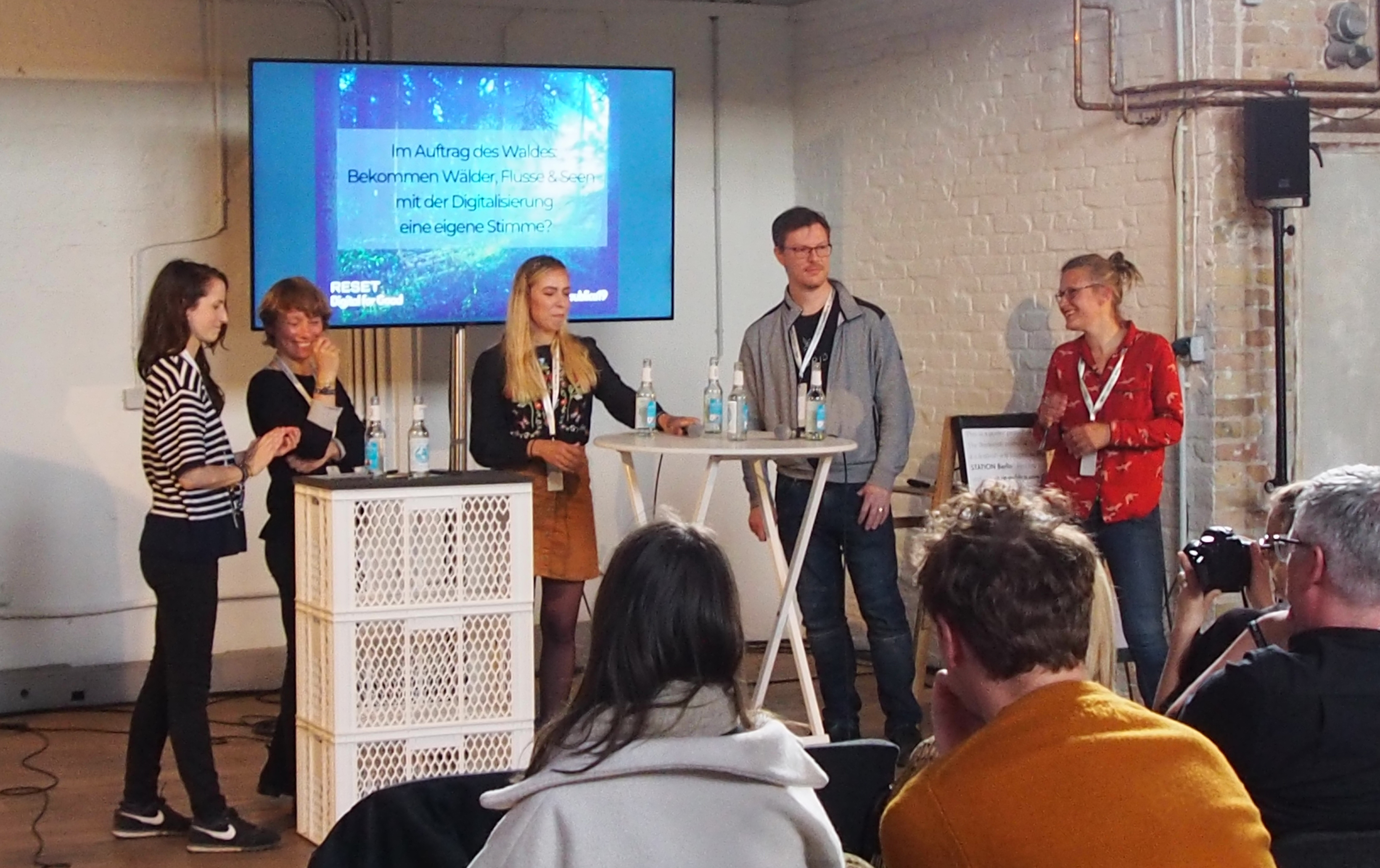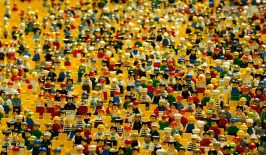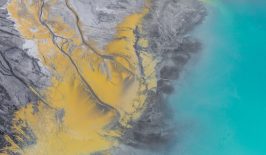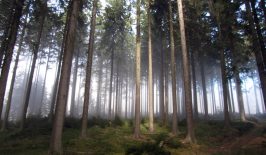I still remember when people looked confused when I told them that RESET’s work focused on the crossover of “sustainability and digitial technology”. Usually I would then explain to them that the two topics are related – digitalisation offers solutions to environmental and social problems, but it also presents us with new environmental and social challenges. That was only five or six years ago and a lot has – fortunately – changed since then. Last year in particular, there was a huge surge of interest in exactly that crossover, and invitations to conferences and workshops, as well as research projects and studies, began filling my inbox.
This year’s re:publica (Europe’s annual digital society conference), which took place from the 6th to the 8th of May in Berlin, also placed these issues front and centre for the very first time. Germany’s Environment Minister Svenja Schulze (SPD) visited the conference and presented the Ministry for the Environment’s “digital environmental policy agenda”, making a plea for our society to turn digitalisation from “an accelerator of the ecological and social crises of our planet” into “a motor for sustainability”. On the third and last day of the conference (which was sponsored by the German Federal Environmental Foundation, the DBU) sustainability and digitalisation took centre stage.
As part of that day’s line-up of speakers, RESET invited experts from three different fields to join us on the podium for our panel entitled “On Behalf of the Forest“.
Environmental Protection From Below, Blockchains For More Transparency and Forests That Manage Themselves
Jessica Droujko is a Canadian-Ukrainian engineer, an enthusiastic kayaker, a member of the Balkan River Defence and a research assistant at the Leibniz Institute for Freshwater Ecology and Inland Fisheries in Berlin. On the RESET stage, she presented her project to develop a turbidity sensor which measures sediments and impurities in lakes and bodies of water. Balkan waterways are particularly vulnerable as many rivers and lakes are threatened by the unregulated construction of dams and hydroelectric power stations. However, most of the reports on pollution and water protection are commissioned by the energy companies responsible for the dams – naturally often resulting in biased results.
To tackle this problem, Jessica is developing a sensor that is much less expensive than others currently available and thus more widely available to organisations and individuals wishing to monitor the conditions of rivers and lakes. According to Jessica, with better access to digital sensors, many more people, such as students, researchers and civil scientists, “could take the preservation of rivers into their own hands.”
RESET has already reported on the work of Nathan Williams and Minespider before: a Berlin blockchain startup developing a distributed database system to track the supply chains of the minerals used in our digital devices. Minespider creates digital blockchain certificates for those mines that extract minerals responsibly, showing the amount of metal mined, and ensuring that this income is fairly distributed to workers and sustainability projects.
As someone who works to make mineral extraction more sustainable, Nathan raised an interesting question: What if, with the latest technology, we could very accurately determine the stocks of gold underground and then – rather than digging it up – only trade the rights to it? That would mean the precious metals wouldn’t have to be actually extracted to have value – therefore reducing the cost to people, animals and the environment. Nathan explained: “You get the value of the gold, but you save the cost of digging and you don’t harm the environment.” Sounds convincing, doesn’t it? Well, maybe it’s an idea for Nathan’s next business venture…
Anja Steglich is a landscape architect who currently researches and teaches at inter3 (Institute for Resource Management) and at the Department of Urban Development and Settlement at the TU Berlin. She is also a member of the “Bioeconomics 4.0 – Self-Administration of the Forest” project team. On behalf of the German Federal Ministry of Education and Research (BMBF), this project looks at the social requirements for digital forest management and asks: Is the “digital forest” (which, for example, uses a blockchain to record when is the ideal moment to cut down or plant trees) an opportunity or a danger? Furthermore, could and should social decision-making processes ever be rationalised to such an extent that algorithms are used to support the administration, management and use of forests?
Anja argues that these fundamental questions need to be answered before we install new digital technologies into natural ecosystems. Her team is currently discussing these very issues with interest groups via various different formats: including the Forest Lab, but a soon-to-be-released online “serious game”. For Anja, it is clear that the aim here is to make “the voice of nature” audible. It is precisely in this area, by facilitating “communication” between man and nature, that digital technologies can help us develop more effective protection systems in the long term.
Sustainability and Digitalisation: 2019’s Biggest Trend?
Looking at sustainability and digitalisation and the links and overlaps between them has become much more mainstream recently, as the 2019 re:publica goes to show – and we’d would like to thank the people who joined us on stage, and those who joined us in the audience for their interest and inspiration! But given the magnitude of the threat that’s posed by climate change, the destruction of the environment and the loss of biodiversity, it’s surprising that a session on sex toys, for example, attracted a much bigger audience… But then again, the attendance numbers at the different panels are a reflection of the realities of society’s priorities outside the conference too.
We hope that the topic will be much, much bigger – not only next year at re:publica 2020, but internationally and everywhere else too. As digitalisation becomes all the more part of our day-to-day lives, we must find ways to leverage it for the good of the environment, and reduce its negative impact in whatever ways we can.
For those who couldn’t attend the session in person, Deutschlandfunk Kultur was inspired to create a podcast with some content from our discussion. You can listen to it right here: re:publica – Digitalisieren für den Klimaschutz (in German).
More sustainability sessions from re:publica 2019 (in German):
The New DNA: Digitalisation, Sustainability and Action: A round table discussion with Svenja Schulze, Markus Beckedahl, Tilman Santarius (in German)
The Climate Show That Inspires: a theatrical look at the future of climate change – and what we as individuals can do about it (in German).
All the sessions from the main stage: re:publica 2019 on YouTube (in German and English).
This is a translation by Mark Newton of an original article which first appeared on RESET’s German-language site.





